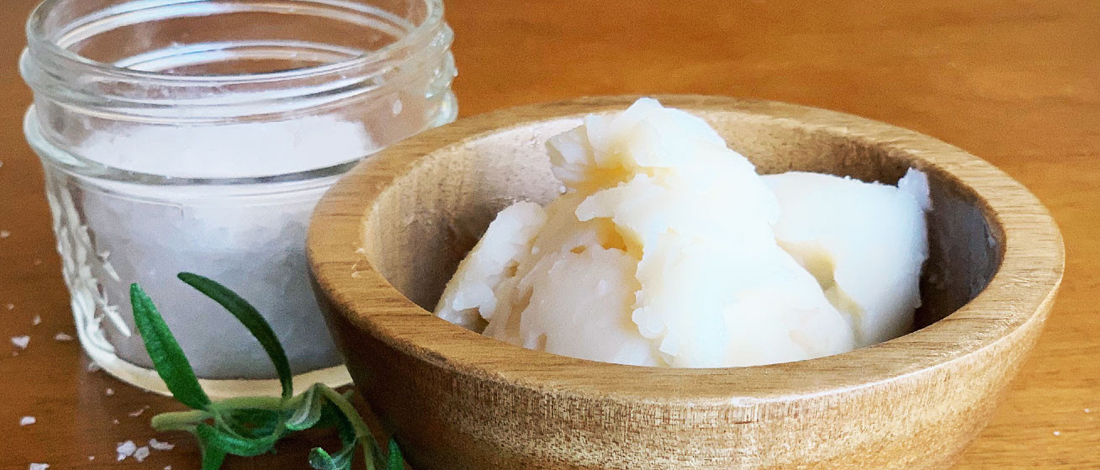
I would not worry greatly about decomposition but oxidation can be a problem. Do you need to refrigerate beef tallow.

Heres what I did.
Does tallow need to be refrigerated. Tallow does not need to be refrigerated and can last a year or longer. I would not worry greatly about decomposition but oxidation can be a problem. Make sure to store it in an airtight container and you shouldnt have a problem.
For long-term storage we recommend dividing the tallow into smaller containers for freezing. It will keep for years in the freezer and months in the refrigerator. Do you need to refrigerate beef tallow.
As long as tallow is properly rendered it is very shelf stable. I keep mine out on the counter for short term storage. It lasts several months on the counter.
For long term storage I recommend keeping tallow in the refrigerator or. Refrigeration is not necessary. You can keep in the fridge but it will turn rock hard and then you will need to give it a hot water bath or microwave it if you are into that sort of thing Once its slightly melted it will be spoonable and ready for you to enjoy.
Tallow is naturally shelf stable for years. Tallow does not need to be refrigerated at all if its used often enough and in an airtight container. How to Make Lard and Tallow Yourself.
Does beef tallow need refrigeration. Unlike suet tallow can be stored for extended periods without the need for refrigeration to prevent decomposition provided it is kept in an airtight container to prevent oxidation. In industry tallow is not strictly defined as beef or mutton fat.
Tallow can be stored for extended periods of time without the need for refrigeration only if its kept in a sealed container to prevent oxidation. The Different Types Of Tallow When searching for tallow youre probably going to find articles listing down the benefits of mutton tallow while others speak about beef tallow. Commercially rendered animal fat tends to keep forever JungMann says.
Unfortunately home-rendered fat doesnt last as long as tiny amounts of impurities in the fat like water protein and blood can cause rancidity. Since the bits of meat and impurities tend to settle to the bottom seamunky says sprinkling a layer of salt at the bottom. Since it has excellent stability beef tallow is non-perishable food and it does not require refrigeration.
In other words it is possible to store tallow at room temperature on the kitchen top. I have personally stored tallow in this way using an airtight container for around a month or so. Refrigeration is not necessary.
You can keep in the fridge but it will turn rock hard and then you will need to give it a hot water bath or microwave it if you are into that sort of thing Once its slightly melted it will be spoonable and ready for you to enjoy. Tallow is naturally shelf stable for years. When stored in the fridge it can last for six months.
Freezing it can further extend its shelf life to three years. The key is to keep the lard in a closed container especially when placing the fat in the refrigerator. Lard has a tendency to absorb the flavors in the air so I would suggest you store it in a jar with a lid or tightly wrap it.
When it comes to where lard should sit after opening the package there are two options. For short term storage the pantry is a-okay. But if you expect to have the lard around for more than a month go with the fridge.
Refrigerating is the easiest way to maintain the freshness of the fat. Because tallow is highly saturated it solidifies easily at room temperature and can leave a filmy feeling in your mouth after eating if your food has cooled down too much. Lard however tends to stay liquid after being melted and is a great choice for sautéing vegetables or browning meat.
Does tallow go bad. It is solid at room temperature. Unlike suet tallow can be stored for extended periods without the need for refrigeration to prevent decomposition provided it is kept in an airtight container to prevent oxidation.
Does tallow need to be refrigerated. It is solid at room temperature. Unlike suet tallow can be stored for extended periods without the need for refrigeration to prevent decomposition provided it is kept in an airtight container to prevent oxidation.
I wanted to store the tallow in the freezer the best place for long-term storage as it will eventually go bad in the fridge. I also wanted it to be very accessible and convenient to use in various recipes in varying amounts. Heres what I did.